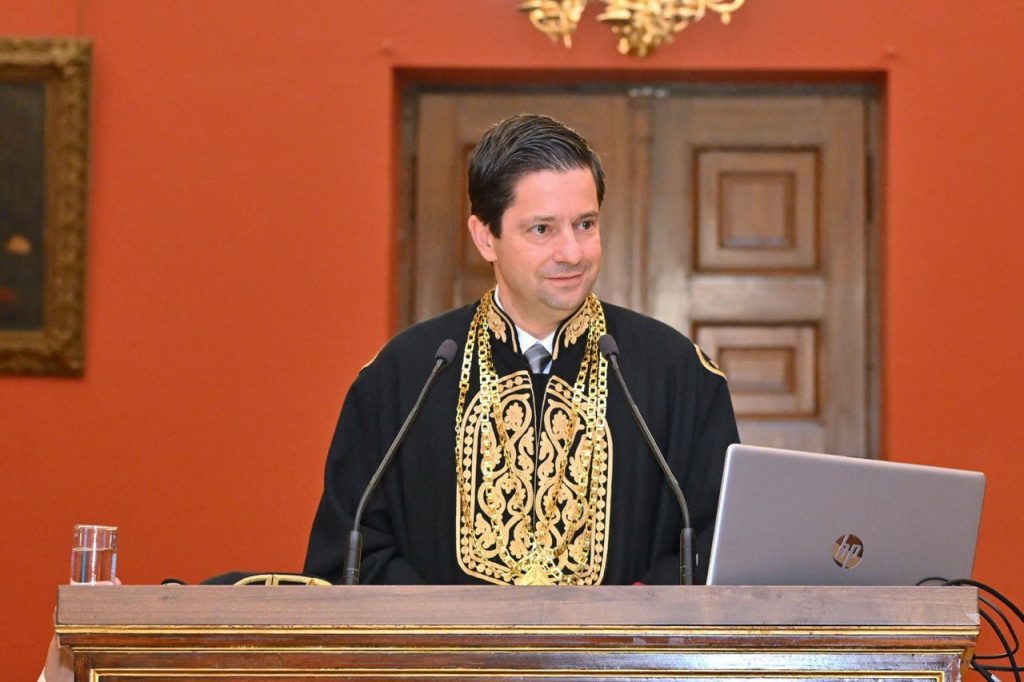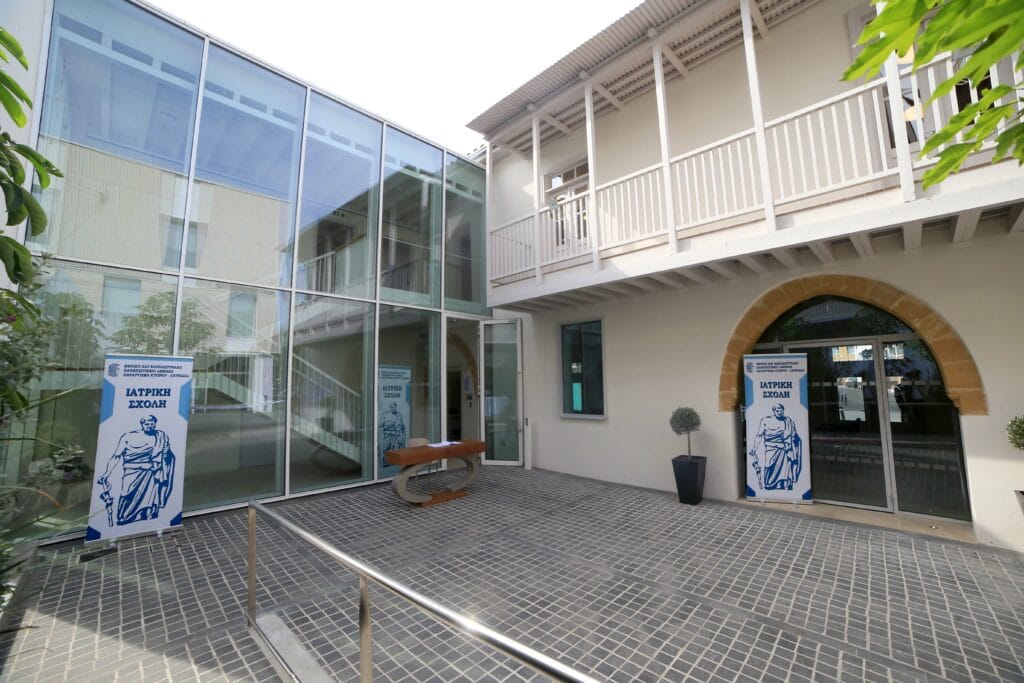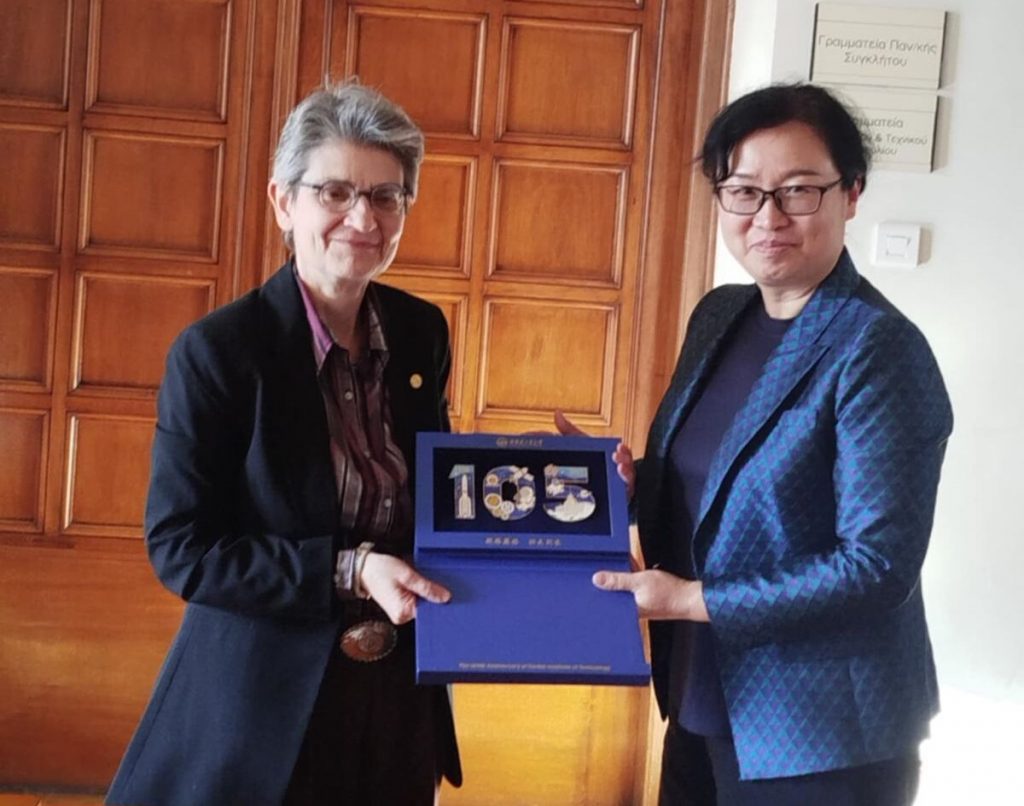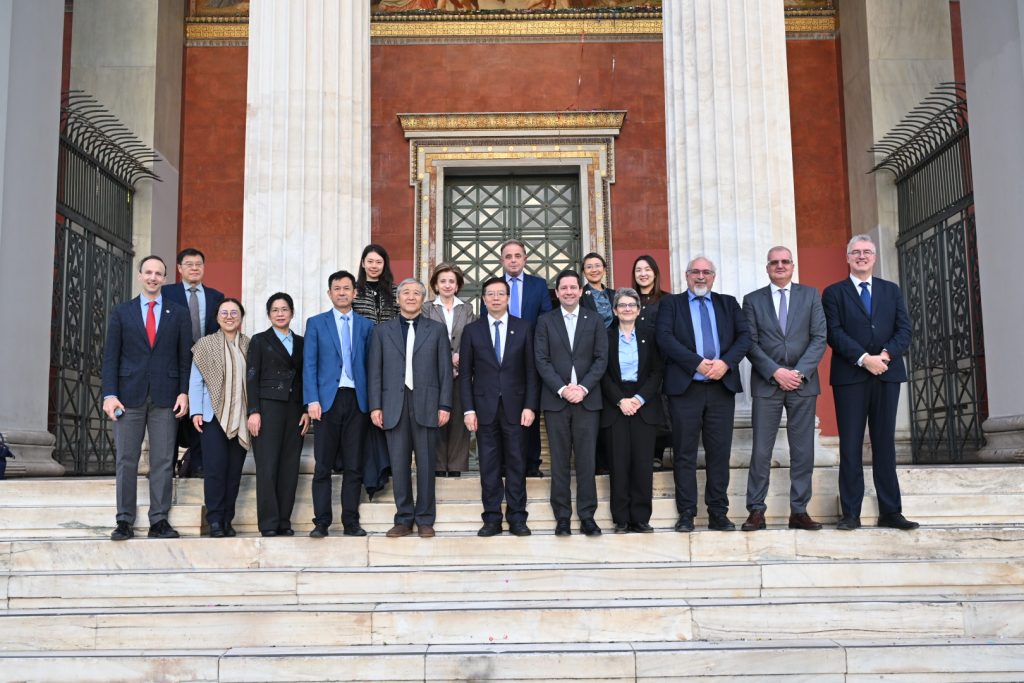Dimitrios P. Panagiotopoulos
Professor, National and Kapodistrian University of Athens, Advocate, Attorney-at-Law in Supreme Court, Greece
Zografenia Kallimani
Postgraduate of Sports Law, Faculty of Physical Education and Sports Science, National and Kapodistrian University of Athens, Lawyer, Greece
Konstantinos Konstantinidis
Candidate Dr. of Sports Law, Faculty of Physical Education and Sports Science, National and Kapodistrian University of Athens, Greece
Abstract: The World Anti-Doping Code (hereinafter: WADC) was first adopted by the World Anti-doping Agency (hereinafter: WADA) in 2003 and entered into force in 2004. In Greece, anti-doping rules came into force through their adoption by the Parliament of the UNESCO Anti-Doping Convention under Law 3516/2006 and have been applied as International Sports Law. The revised 2021 WADC which is effective as of 1st January 2021 was transposed in Greece by the Greek Law 4791/2021, which established the National Organization for Combatting Doping (hereinafter: EOKAN). Therefore, the WADA Prohibited List is an integral part of Law 4791/2021 and shall go into effect under Law 4791/2021 three (3) months after publication of the prohibited list by WADA, without requiring any further action by the HADA (Article 4.1. of Law 4791/2021 with the title “Prohibited List”). A violation of a doping rule does not automatically result in a sanction. According to Article 10 of Law no. 4791/2021, the athlete may eliminate or reduce the period of ineligibility based on no significant fault or negligence by appeal in the Supreme Council of resolution of Sports Disputes and in some special cases in CAS.
Highlight that the NADOs should provide to athletes a domestic dispute resolution framework which promotes independence, efficiency and cost effectiveness, as well as consistency and procedural fairness at all levels.
Keywords: Sports Law, Doping, Sports Disputes, World Anti-Doping Code, CAS.
















